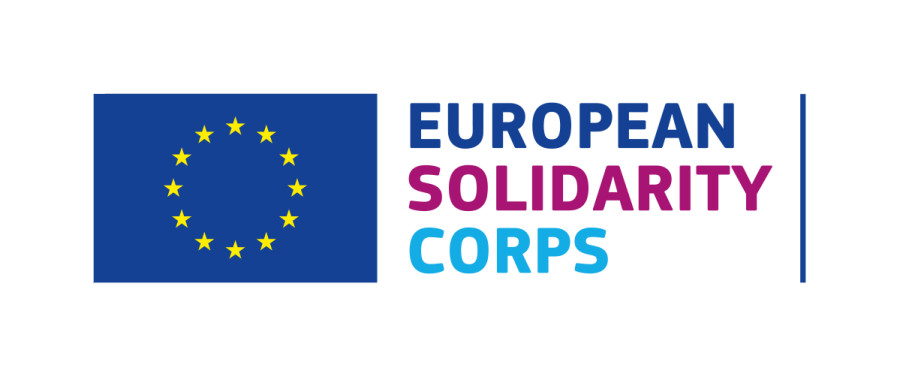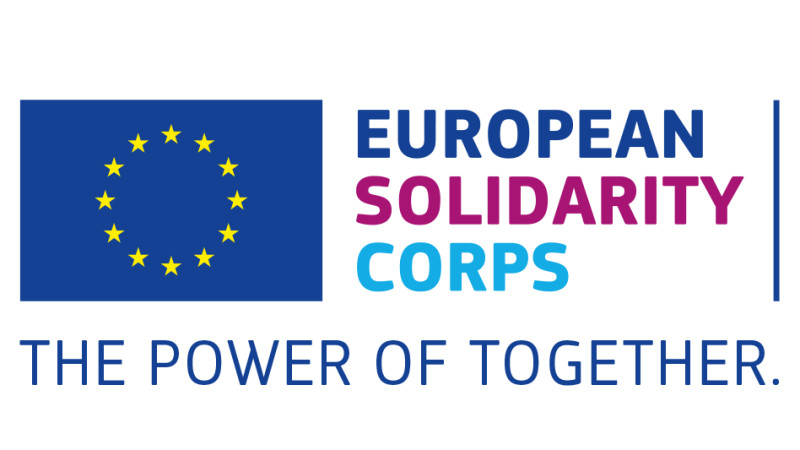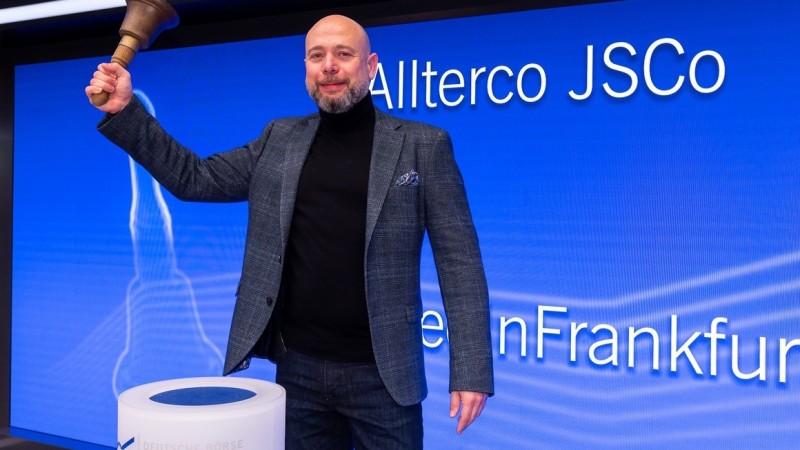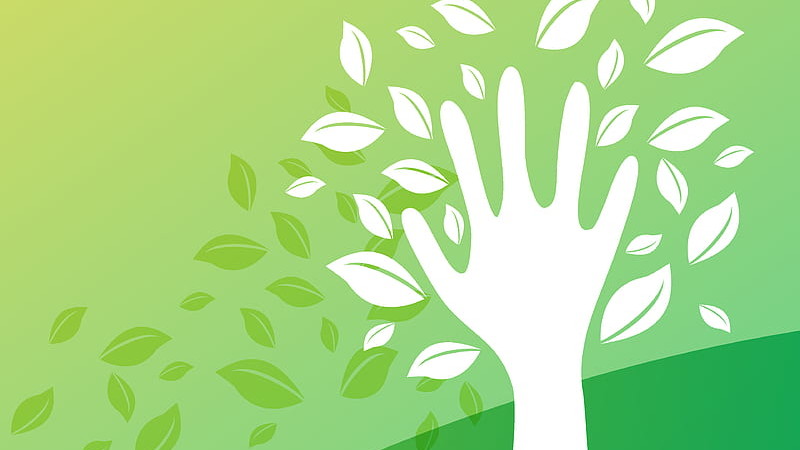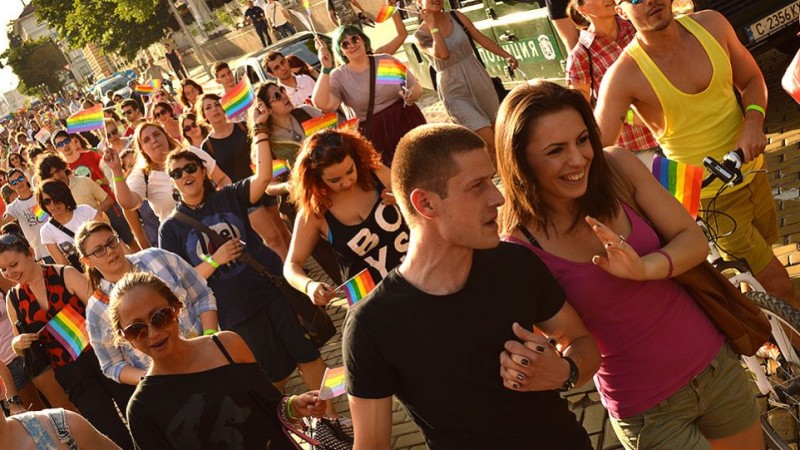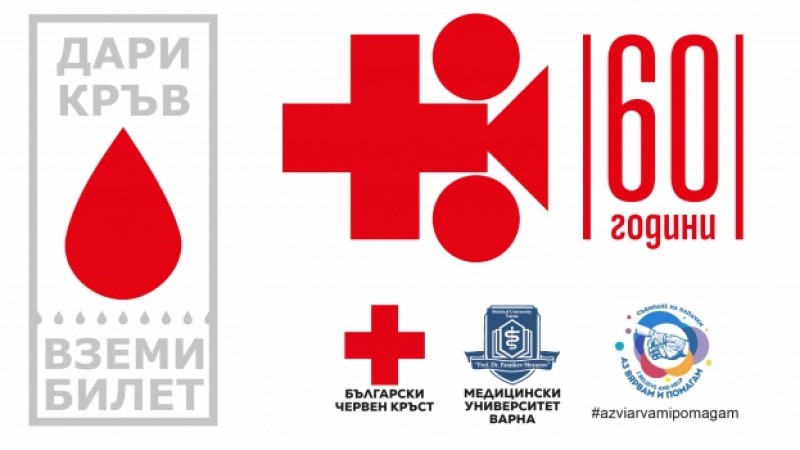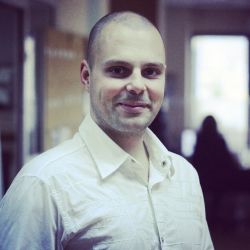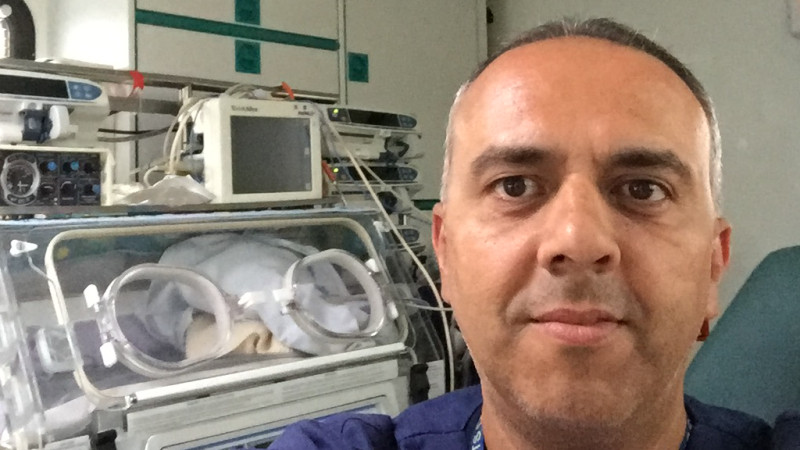Междинни данни (януари 2025): гласове на украински граждани, търсещи сигурност и интеграция в България
In the period January and February 2025, Uspelite.bg conducted a new wave of surveys among Ukrainian citizens who sought refuge in Bulgaria. The initiative is part of the volunteer project under the European Solidarity Corps (project № 2023-1-BG01-ESC51-VTJ-000144679), implemented within the framework of the European Union's program for solidarity and inclusion, with Uspelite.bg as a partner.
======= Text in English ======= Текст українською ======= Текст на русском =======
The aim is to gather an accurate picture of the lives, challenges, and needs of Ukrainian refugees in Bulgaria.
The surveys are completed anonymously and in four languages – Ukrainian, Russian, Bulgarian, and English, which facilitates participation and guarantees full confidentiality.
Main observations so far: January and February 2025
The survey among Bulgarian emigrants who left Ukraine due to the war continues to reveal deep layers of experiences, adaptation, and needs. This article does not merely summarize but seeks to analyze the emerging trends that increasingly define the profile of this vulnerable yet determined group.
Profile: from young mothers to elderly in isolation
Participants in the survey come from various regions: Kyiv, Odesa, Mykolaiv, Kherson, Lviv, Kharkiv, Zaporizhzhia, Dnipro, and Izmail. Their ages range from 28 to 62 years old, and nearly all respondents are part of families with 1 to 5 members.
The majority are women, often single mothers forced to navigate an entirely new reality: a new country, language, and institutions.
Registration and security: formally protected, but not socially included
All respondents have temporary protection status in Bulgaria. While the procedure is described as "clear," there is a strong sense of insecurity, temporariness, and administrative confusion in their responses.
Housing: the key to everything else
Housing remains the most critical factor affecting integration, access to healthcare and education, and even self-esteem.
- Some respondents are housed temporarily
- Others – long-term (in private apartments or with relatives)
There are frequent cases of forced relocations, address registration refusals, and even discriminatory treatment when renting.
Employment and independence: willingness exists, obstacles even more so
Many respondents are not employed, even though they actively seek jobs.
Main barriers include:
- Language – lack of free Bulgarian courses
- Legal – unrecognized qualifications, administrative ambiguity
- Logistical – need to care for children
Among those working, most are underemployed and report uncertain working conditions, short-term contracts, and low wages.
Healthcare: formal access ≠ real access
Only a small portion of respondents report full access to healthcare services. Most describe access as partial or nonexistent, and often don’t know whom to turn to.
- Lack of translators at doctors
- Difficulty finding a general practitioner
- Denial of care due to documentation
- High cost of medication
Social and psychological integration: the invisible burden
Even when formally “everything is fine,” respondents describe social isolation, lack of belonging, and psychological stress.
Most frequently stated needs
| Need | Frequency |
|---|---|
| Free and structured language courses | Most frequent |
| Stable housing | Very frequent |
| Professional realization | Frequent |
| Recognition of qualifications | Frequent |
| Access to kindergartens and schools | Repeatedly mentioned |
| Access to healthcare | Systematic |
| Psychological support | Recurring |
| Social inclusion | Repeatedly mentioned |
Conclusions and recommendations
- Integration depends primarily on housing and language – without them, there is no job, no access to healthcare, no community.
- Individual efforts are strong, but institutional support is weak – people want to participate but don’t know how.
- The psychological burden is underestimated – isolation, uncertainty, and the role of the "invisible foreigner" accumulate day by day.
Volunteers on the ground: trust through shared experience
The surveys are conducted by our Ukrainian volunteers who themselves went through the adaptation process in Bulgaria before the war. This builds trust between respondents and interviewers and helps elicit more open responses – especially on questions related to emotional state and future expectations.
What’s next?
The collected data is being analyzed and will be summarized periodically. Results will be shared publicly and with the relevant institutions to support more informed integration policy. Open responses outline a picture of strong will for integration, paired with concrete needs that require better coordination between the state, municipalities, and civil society structures.
